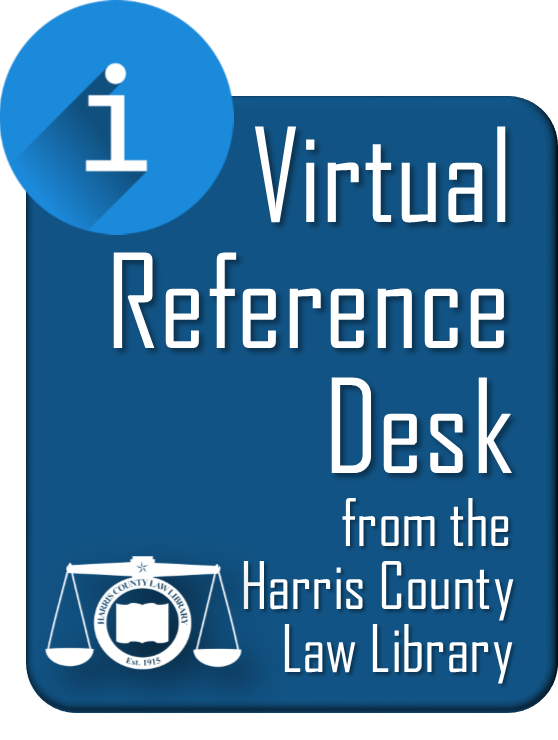As we all #StayHomeWorkSafe here in Harris County through April 30, access to legal research databases that are typically available at the Law Library may be hard to find. That’s why our law librarians are constantly working with our vendors to make more information available to you remotely during this difficult time. While you’re doing all you can to help stop the spread of COVID-19, we’re still here to help… virtually, of course.
Free Access to Lexis Advance
Access to professional legal resources, like LexisNexis, is essential for legal researchers. Tools like citators, headnotes, and annotations that help researchers determine if a case or statute is still “good law” are copyrighted and only available through expensive database subscriptions (learn more with our on-demand video training Blending Your Legal Research). That’s why free access to Lexis Advance is such a big deal and why we’re very pleased to announce that Harris County Law Library patrons can now sign up for a free 30-day account. Visit the registration page to sign up for your free account now.
Document Delivery from the Law Library’s Legal Research Databases
Even with free access to standard tools from Lexis at your disposal, not every copyrighted practice guide, form book, and treatise is available to you. Under normal circumstances, everyone has access to robust subscriptions from Lexis eBooks, Westlaw, Lexis Advance, HeinOnline, State Bar of Texas Practice Manuals, and more within steps of the courthouse on the Law Library’s research computers. To help maintain access while we’re all working remotely, our law librarians can make many of these materials available to you via email through our Virtual Reference Desk. If you need a document, let us know and one of our law librarians will provide it to you via email (subject to limitations set by the vendor) as soon as possible.
Additional Options to Stay Connected
More free access to legal research databases to keep you working while we #FlattenTheCurve:
The Texas State Law Library offers access to several databases to all Texans through its website. If you are in Texas, you can sign up for a free account and learn more about accessing Lexis eBooks, Fastcase, HeinOnline, and more at https://guides.sll.texas.gov/electronic-databases/remote.
Casetext is offering free access to its AI-powered legal research platform through April 23 for attorneys who are unable to access their usual research resources. More details at https://casetext.com/covid-access/.
Texas Bar Books is offering free access to the Texas Guardianship Manual Online through May 31. The Manual includes a wide range of power of attorney and advance directive documents that many attorneys will find useful while assisting clients during the current public health concerns.
New Emergency Procedure Forms from the Texas Family Law Practice Manual are now available for free online. The new forms help attorneys and litigants request modification of deadlines, leave to appear remotely, and other procedures in family courts during times of public emergency.
Blending Your Research Resources
Learn more about incorporating free online resources into your legal research routine with the Law Library’s one-hour, on-demand CLE video titled “Blending Your Legal Research” Stream it now on our Legal Tech Institute Learn On-Demand page.













